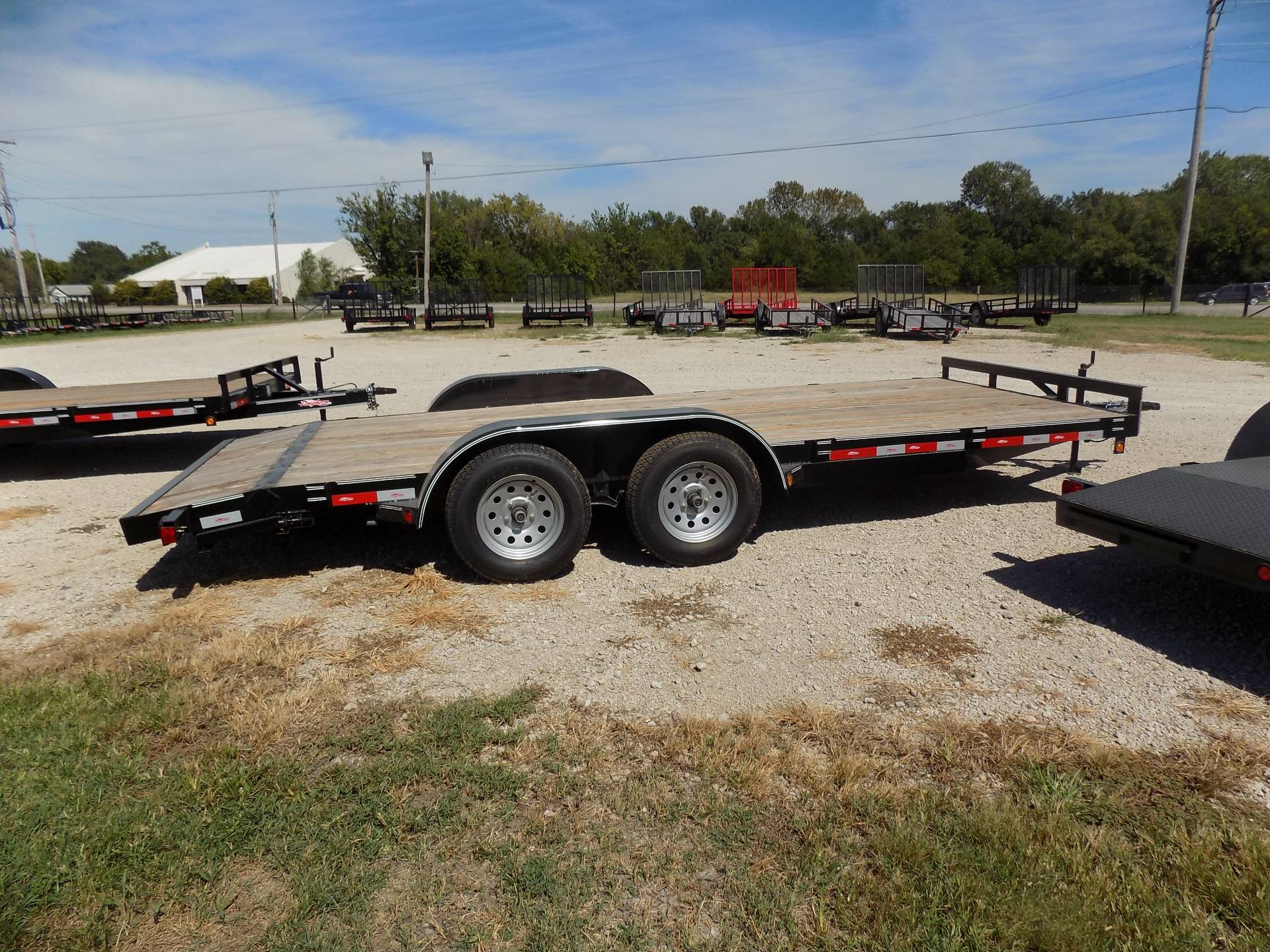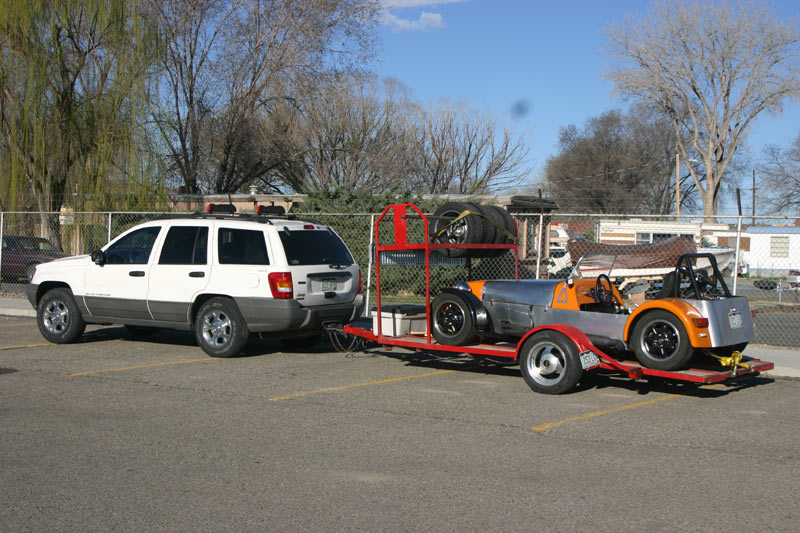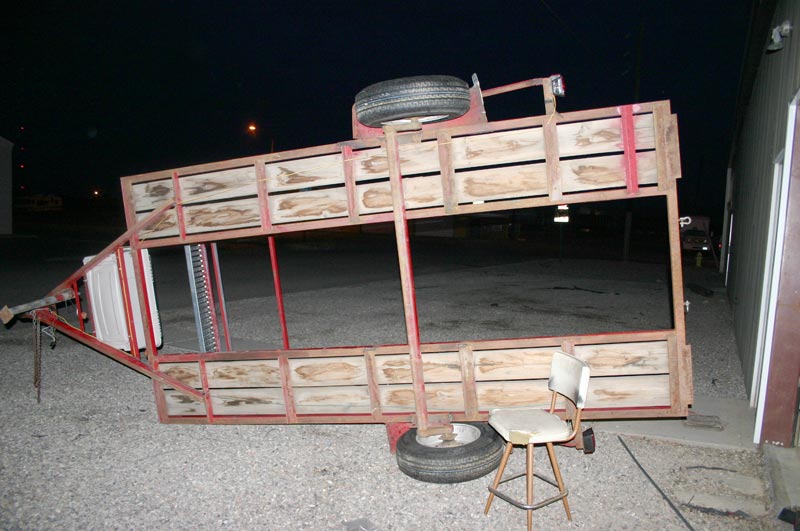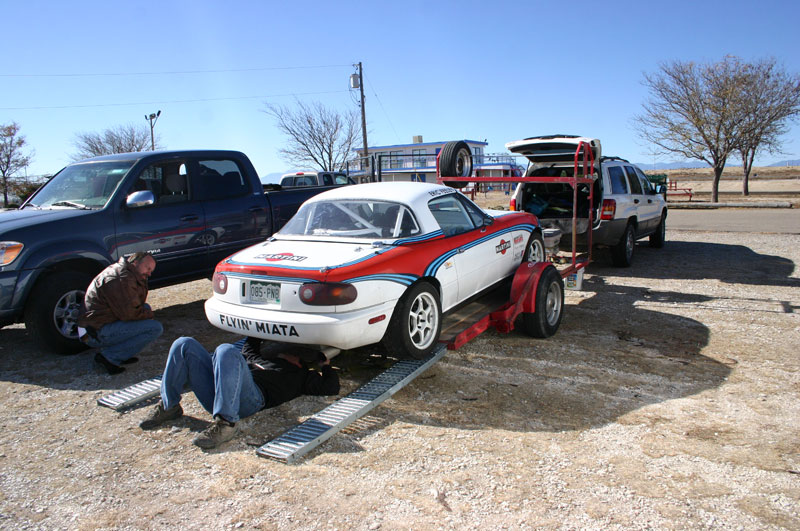School me on trailers a bit. I've got a 4x8 utility and have experience with small boat trailers, but actual car and equipment hauling trailers are a new world for me.
I'm not buying now, or maybe even not at all, but I'm trying to find out what I should buy if the time ever comes.
For me, its primary job would be towing a machine around 5,000 pounds fully loaded. I'm ASSUMING a trailer that could handle that would be able to handle a car or truck every now and then, correct?
I would want brakes, but I know nothing about them other than there are surge brakes and electric ones. Can they be added aftermarket? Is one setup better than the other?
Let's assume the tow vehicle will be from the 2000s. My ranger claims a 5500lb towing limit, I suspect if I went this way I'd be upgrading, would F150/Chevy 1500 with v8 and tow package be big enough or would I need to go bigger? I would be changing vehicles anyway because I don't trust me to tow with a clutch.
Is it worth going overkill on the trailer? $2500 cash seems to buy anything from a motorcycle trailer to a 10k+lb 5th wheel hauler that needs a little work. I don't want 5th wheel just mentioning it as the extreme end of what I've seen in that price range. But say the machine I want is 12ft long and 6 or so wide in towing mode, would it be dumb to get a 18-20+ foot long one instead of something more "form fitting"? Where is the point of diminishing returns as far as weight capacity versus weight of trailer?
For the tow vehicle, if it's rated beyond my combined load, would it still be worth upgrading to a weight distribution hitch? All I know about them is that they exist. Can a regular hitch be modified into a distribution hitch?
I think that's all my questions for now.



































